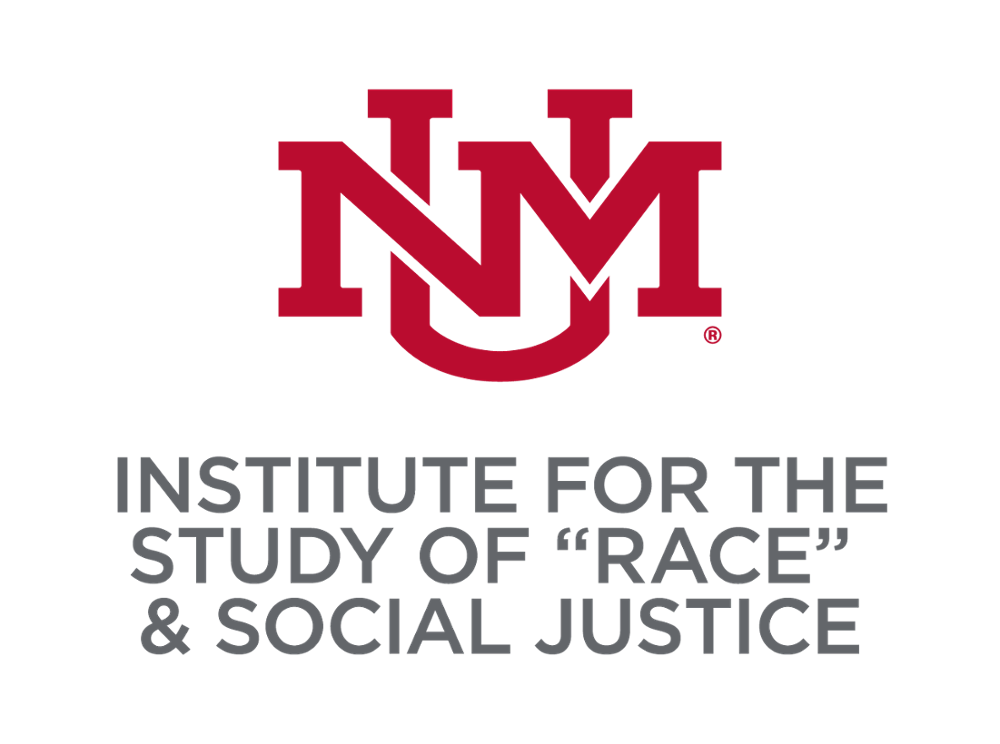(Pending) 2020 AAAS Conference
![(Pending) 2020 AAAS Conference [article image]](../../assets/img/aaas.jpg)
When: Thu, Apr 09 2020 12:00am
Where: Washington, DC
Troubling Politics
Wendy Cheng and Jan Padios, Program Co-Chairs
This year’s conference takes seriously its location - Washington, D.C. - as the nation’s capital and thus the source of the United States’s historical and ongoing imperial imprimatur. As we prepare to gather in this hegemonic site ahead of a presidential election, we ask some of the foundational questions of our field:
- How can Asian American and Pacific Islander critique work against the military, economic, and political control the United States wields around the world as well as state-sanctioned xenophobia, anti-Black violence, sexism, heteronormativity, transphobia, and other forms of oppression experienced within our communities?
- At the same time, this conference will also consider the fraught ways Asian American and Pacific Islander communities have shown up in social and cultural struggles both past and present, especially in relationship to settler colonialism, racial capitalism, and liberal multiculturalism.
Broadly, this call for proposals asks:
- How can we as Asian Americanists trouble politics as usual and reckon with our own troubling politics?
- What are the relationships and positionalities of Asian Americans and Pacific Islanders vis-a-vis the U.S. state and institutions of civil society, such as schools, prisons, local government, and museums?
- In our community work, scholarly spaces, pedagogy, and creative practices, how can we confront complex social and cultural histories and contradictory political alliances, especially where these may be complicit with white supremacy?
- Conversely, what can we learn from counter-hegemonic practices and imaginaries historically and in the present--informed as they are by radical epistemologies (indigenous, decolonial, feminist, Marxist, queer) and multiple scales (local, regional, global, transpacific, oceanic)?
The run-up to November 2020 brings heightened awareness of political boundaries--left, right, center, margin--and where we as scholars, artists, and activists of and for Asian America stand in relation to them. As many of us engage in the crucial conversations and campaigning required for an election, it is also to ask how we may be supporting hegemonic policies and practices that do not benefit, and indeed harm, oppressed and minority communities around the country and world.
We call for papers and session proposals that engage with the questions and issues above as well as the following:
- What does “good politics” mean for and within various Asian American and Pacific Islander communities?
- How do we know the boundaries between “good” and “bad” politics?
- What are the material effects and ideological implications of these binaries, and how do they impact our thinking, creativity, and political actions?
- How are Asian Americanists currently complicating, challenging, or troubling political boundaries through research, scholarship, activism, non-profit work, art, and performance?
- Asian Americans, Pacific Islanders, and “anti-” politics, including anti-Black, anti-indigenous, anti-Muslim policies, practices, and histories
- Tensions, lessons, and questions at the intersections of Asian American Studies, Pacific Islander Studies, Asian Studies, Indigenous studies, Black Studies, and/or Latinx Studies
- Queer and/or feminist of color critique, pedagogy, and epistemologies
- Alternative world-making and insurgent knowledge formation within queer texts and intellectual, cultural, and community spaces
- Gender- and sex-based violence within/in relation to Asian American and Pacific Islanders
- Homonormativity and pinkwashing within/against queer Asian American and Pacific Islander communities
- Asian American and Pacific Islander communities within dominant and marginal religious institutions
- Material and ideological struggles related to intra- and international migration, family, and community
- Global and local politics of refugees, deportation, and detention
- Cultural politics of work, labor, and accumulation
- Abolitionist and decolonial alternatives to the U.S. nation-state
- Hegemonic and counter-hegemonic geographies of militarism
- Fraught relationships to land and property
- Asian Americanist critical approaches to environmental and ecological problems
- Hegemonic and counter-hegemonic geographies of health, disease, and disability
- Limits and possibilities of mainstream, alternative, and subcultural forms of media representation
- Cultural politics of identity, intellectual property, and creative-making
- Critical analyses of community-based art-making or art-based community-building
- Quantitative research for counter-hegemonic social transformation
- Critical possibilities of demography within/in relation to Asian American Studies
- Psychological studies at the intersection of race, law, and/or history
- Data and digital media as sites of social struggle and transformation
- Social, cultural, and political approaches to science and technology as they shape or are shaped by Asian American and Pacific Islander communities

